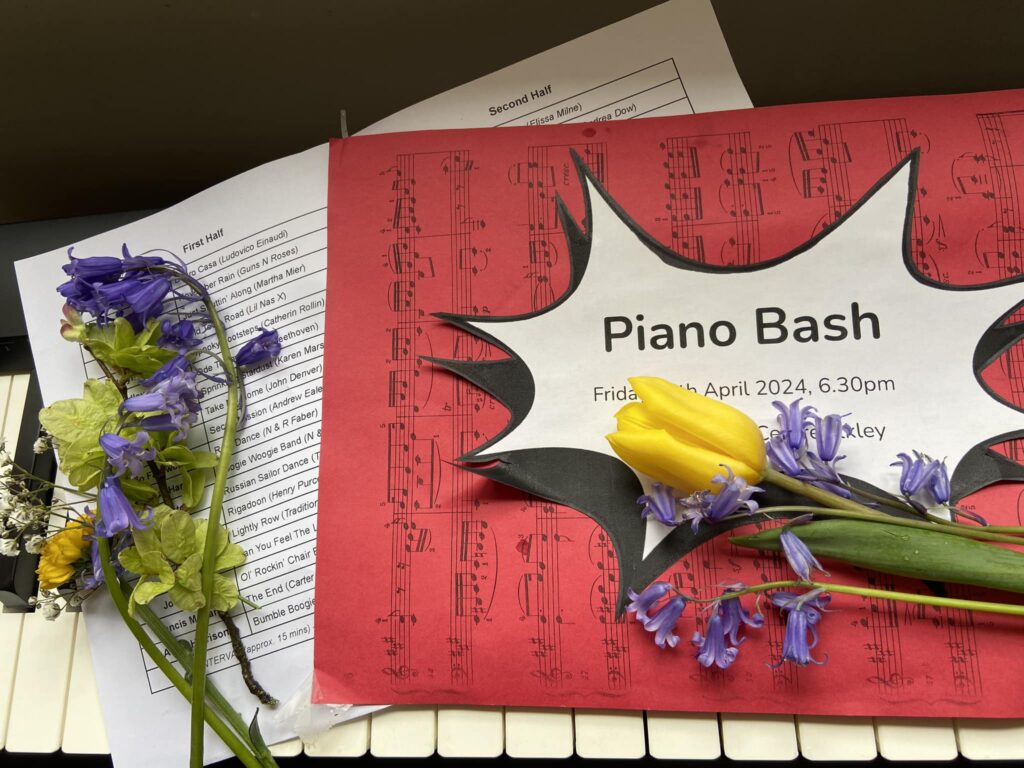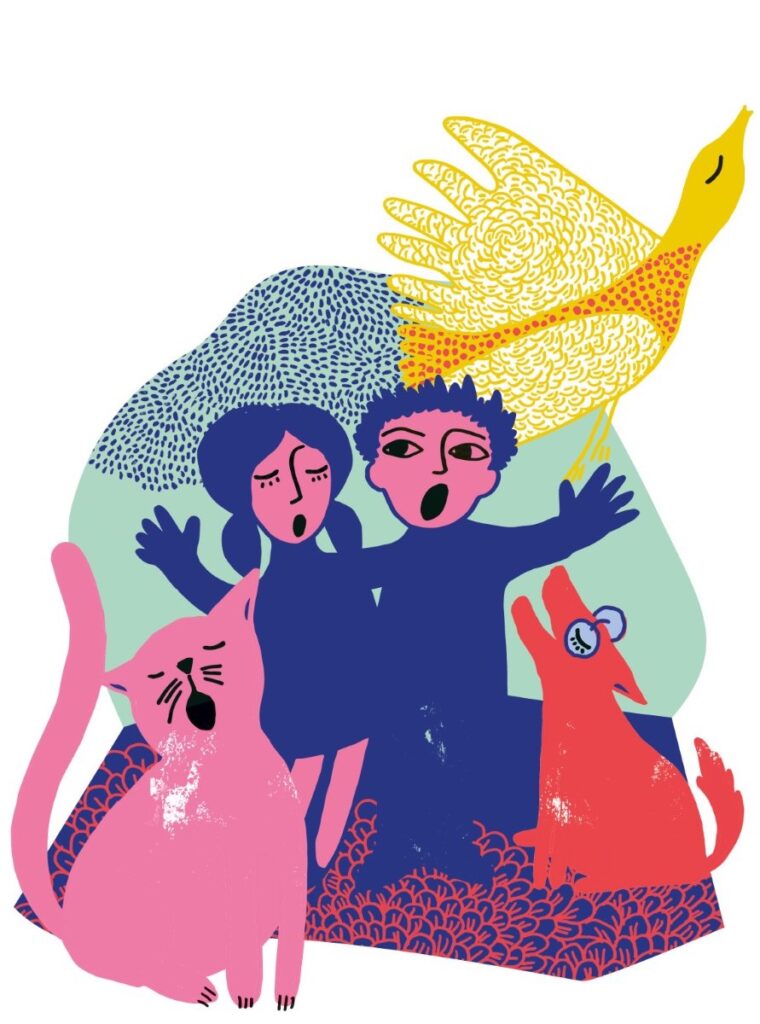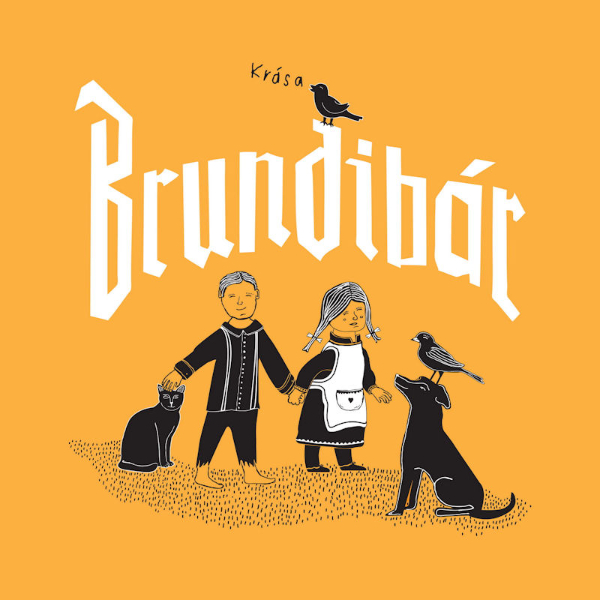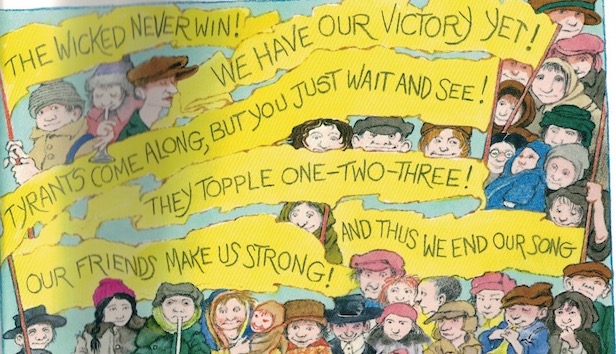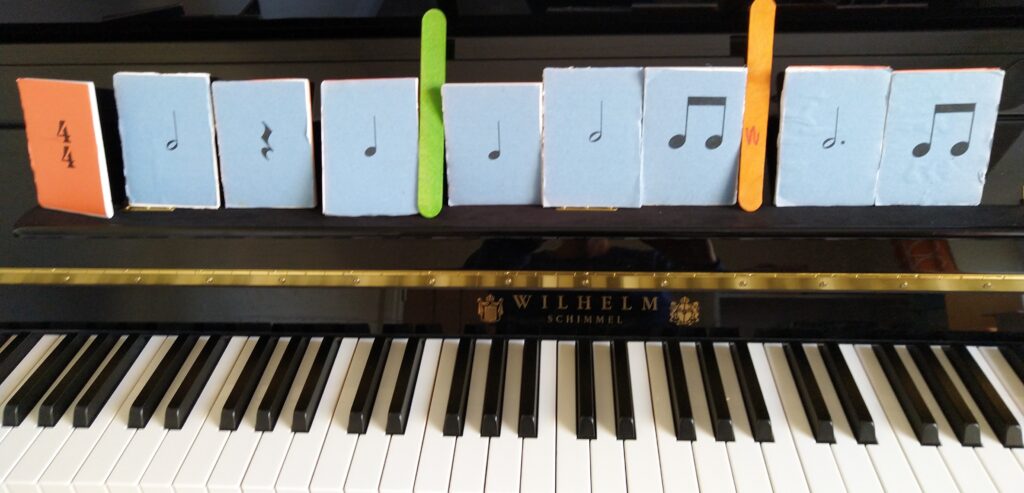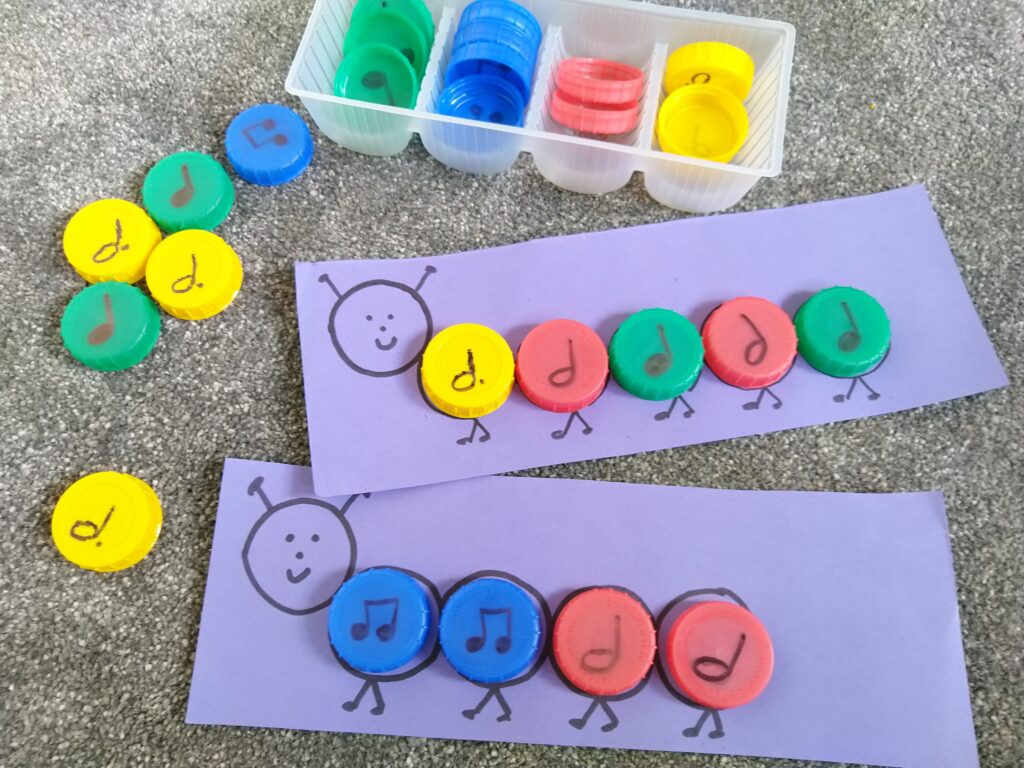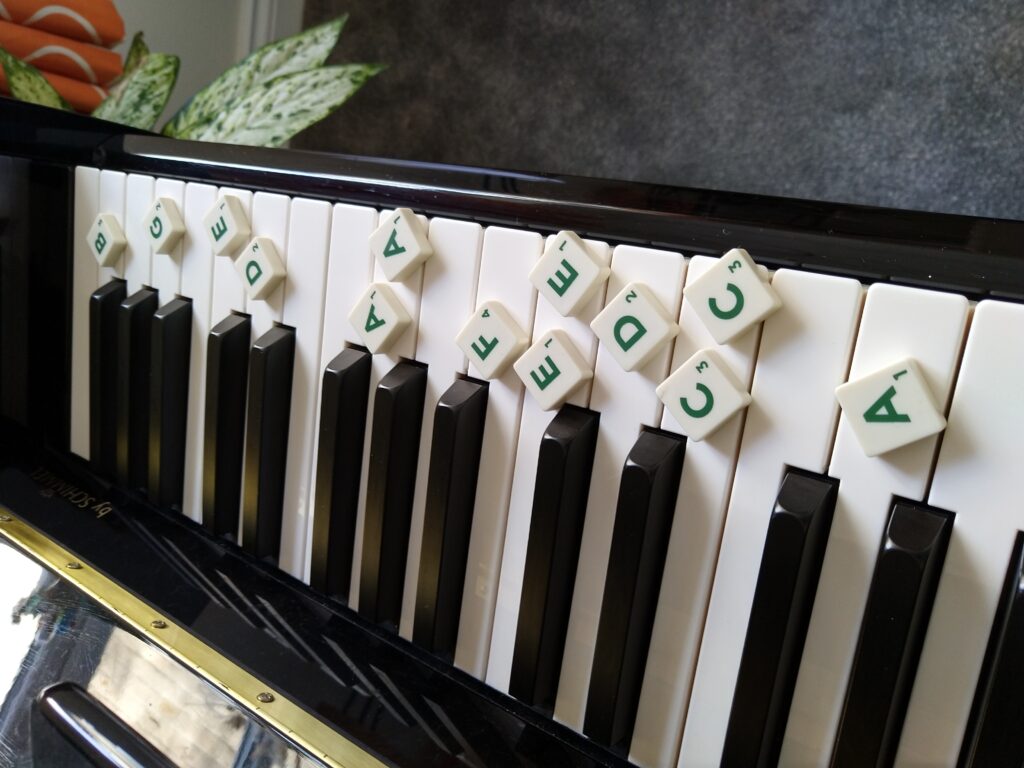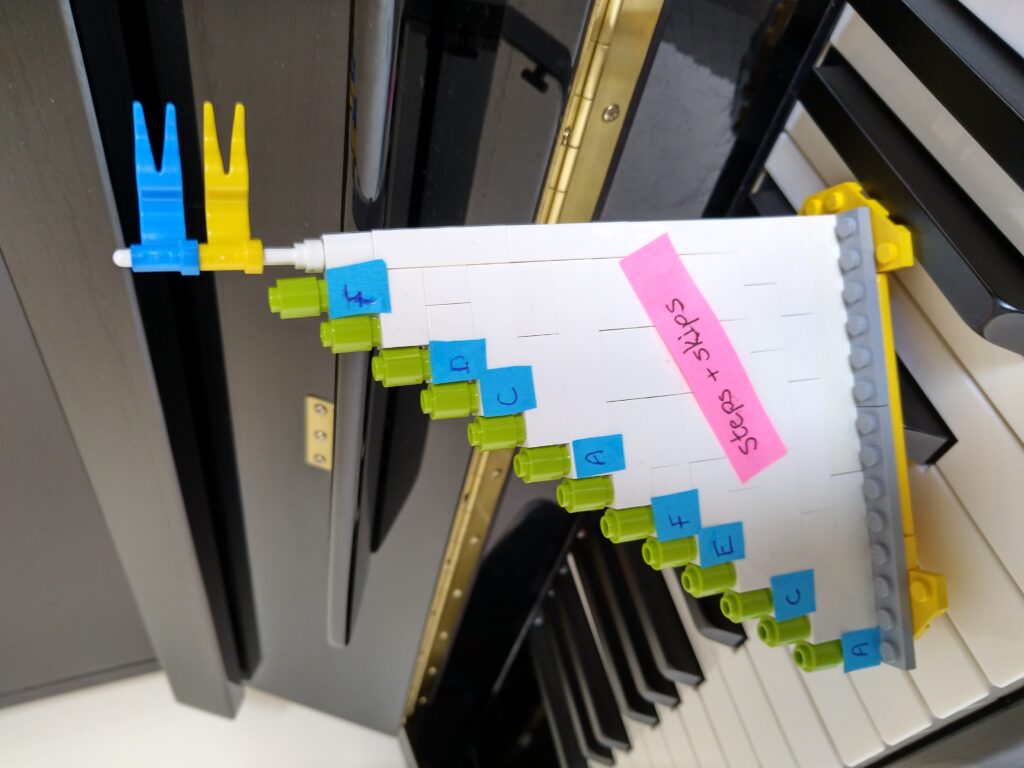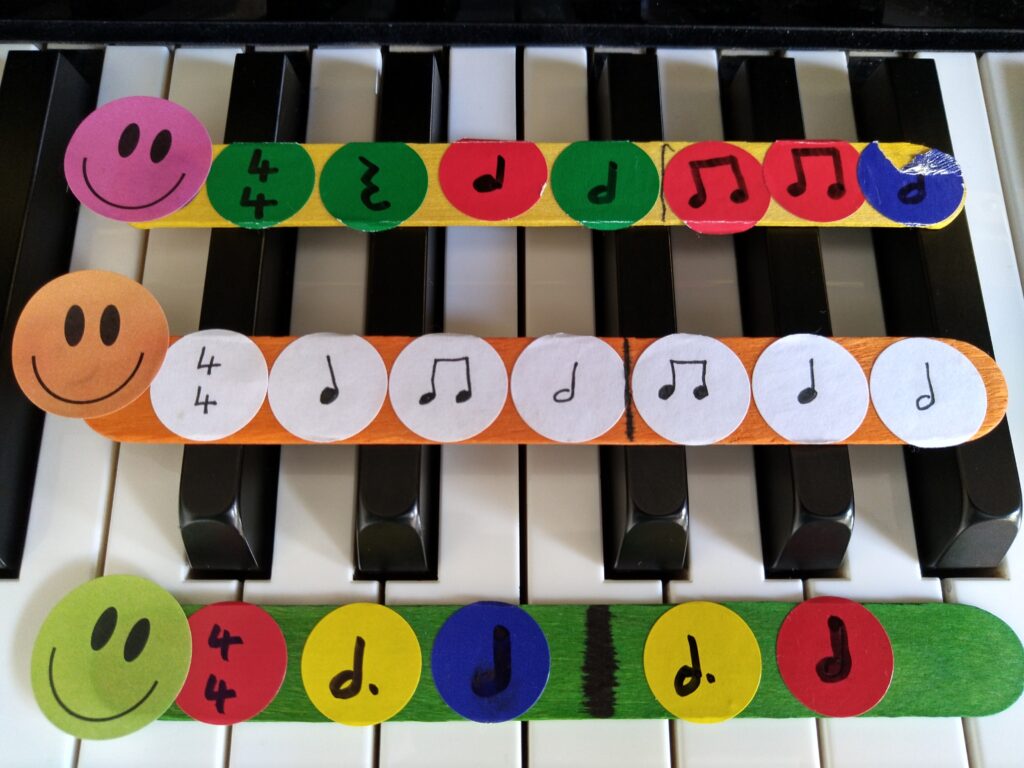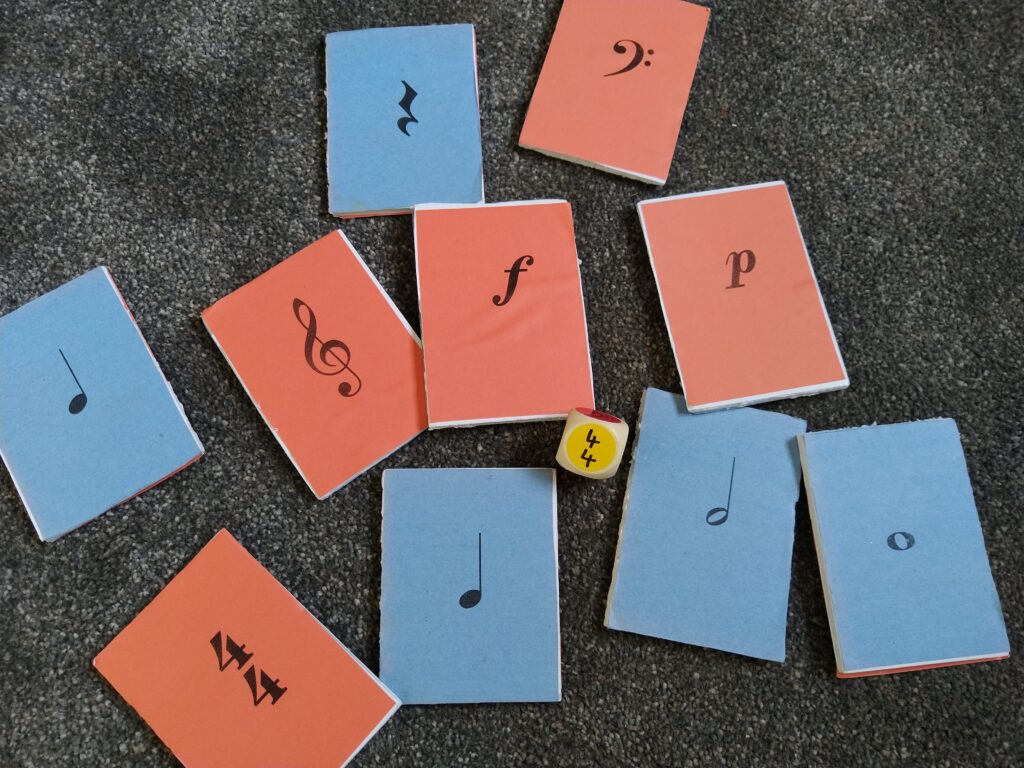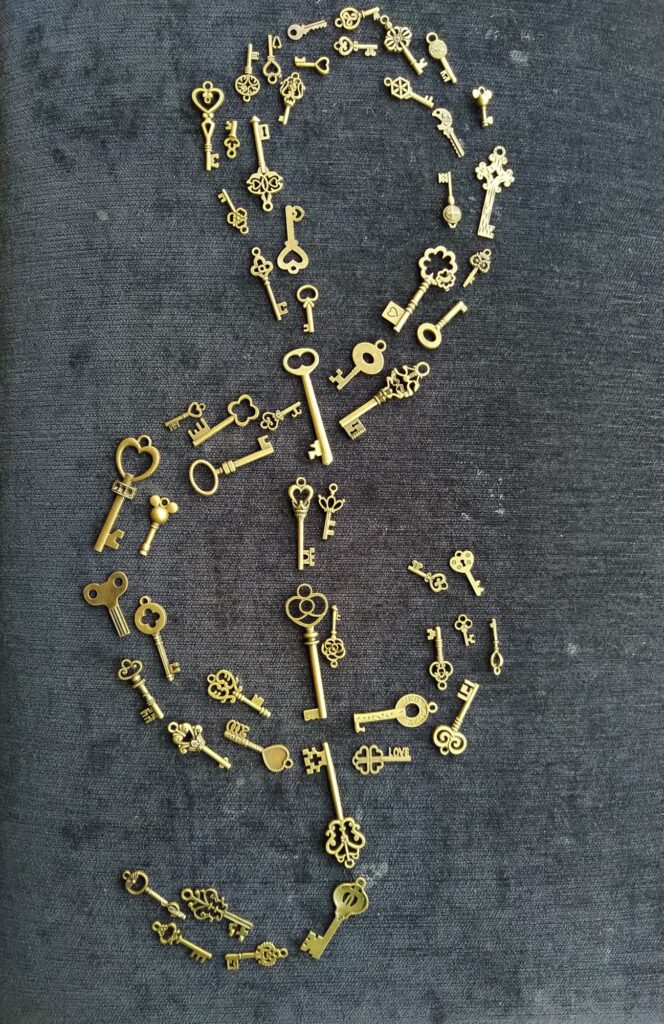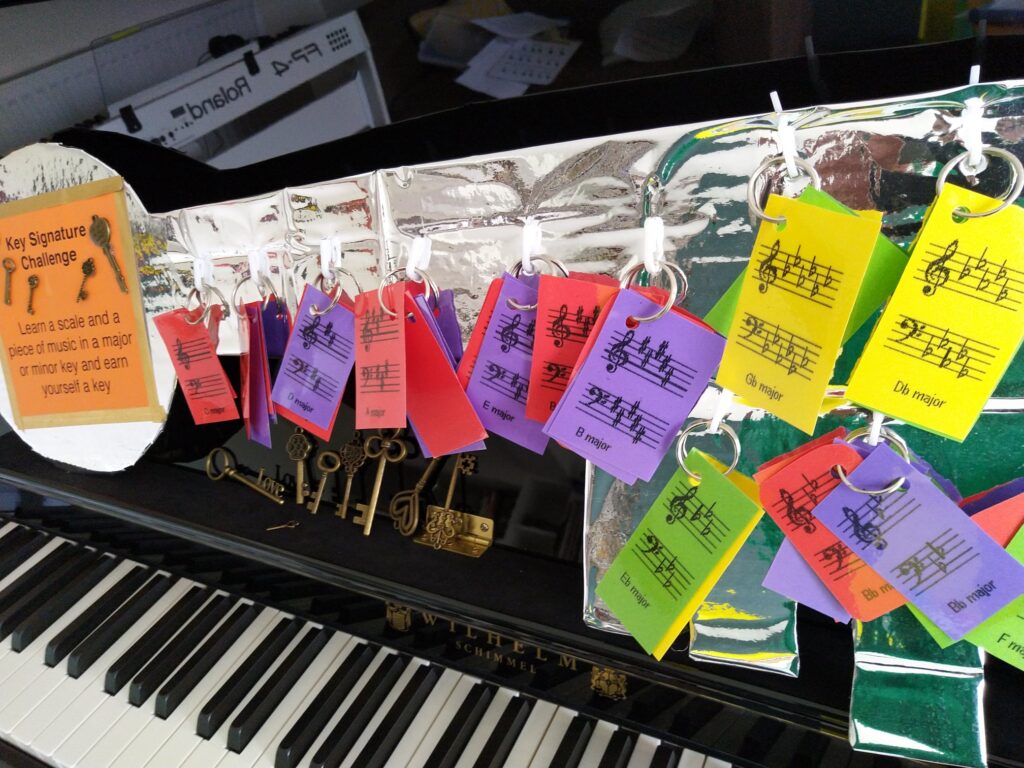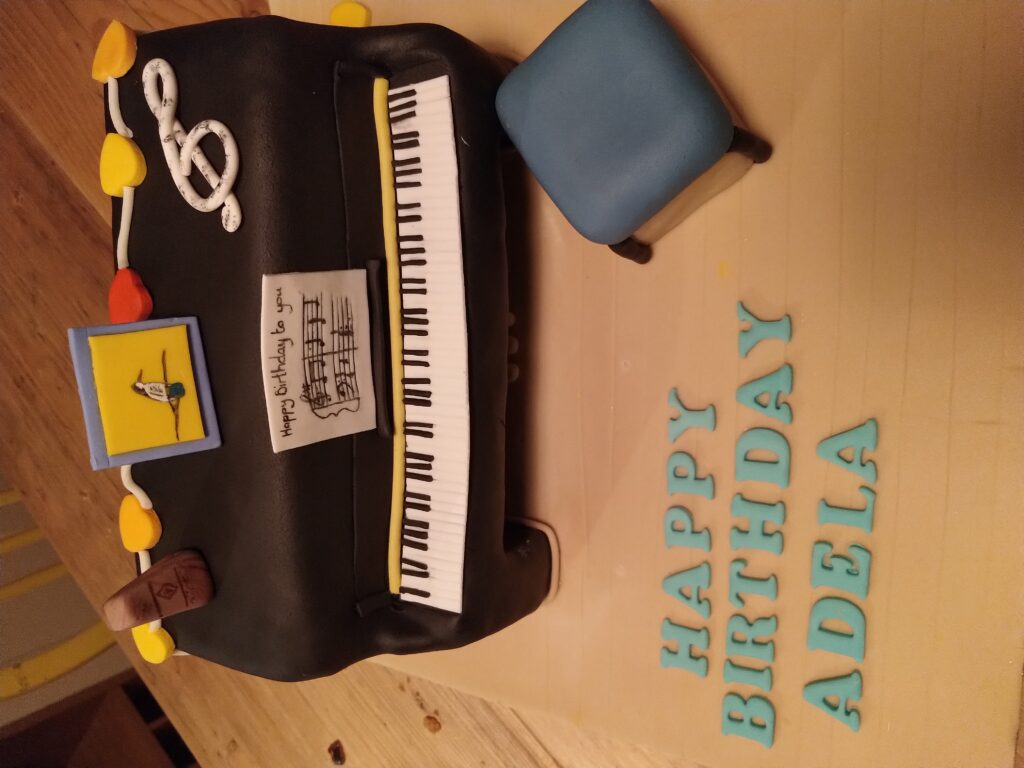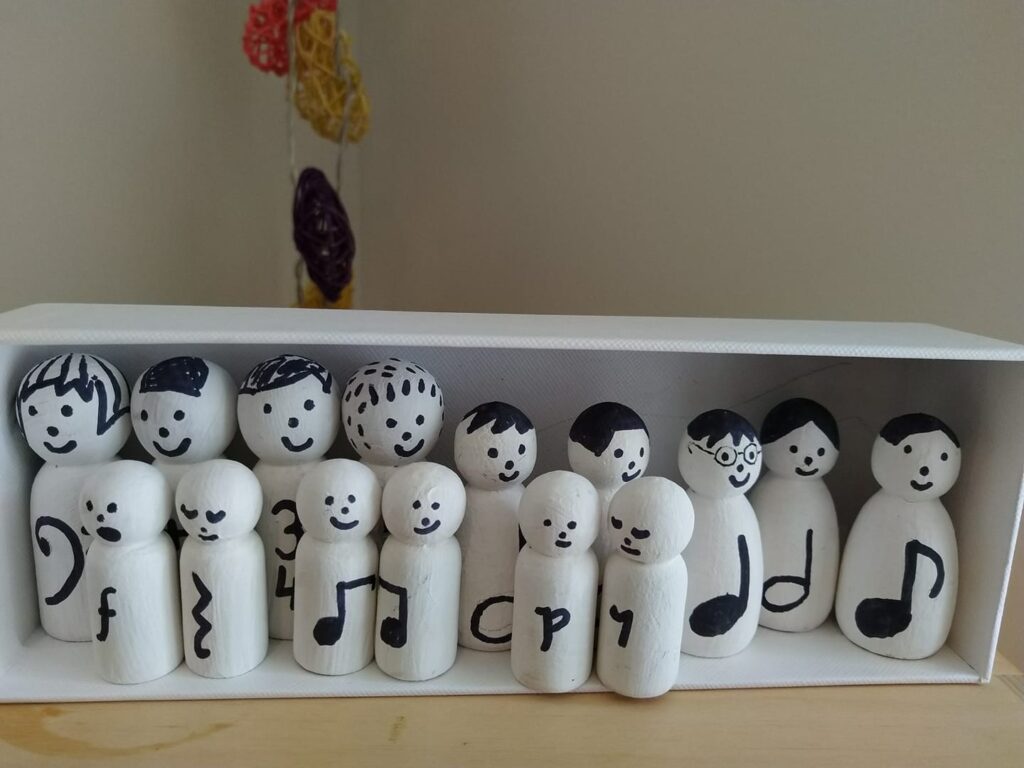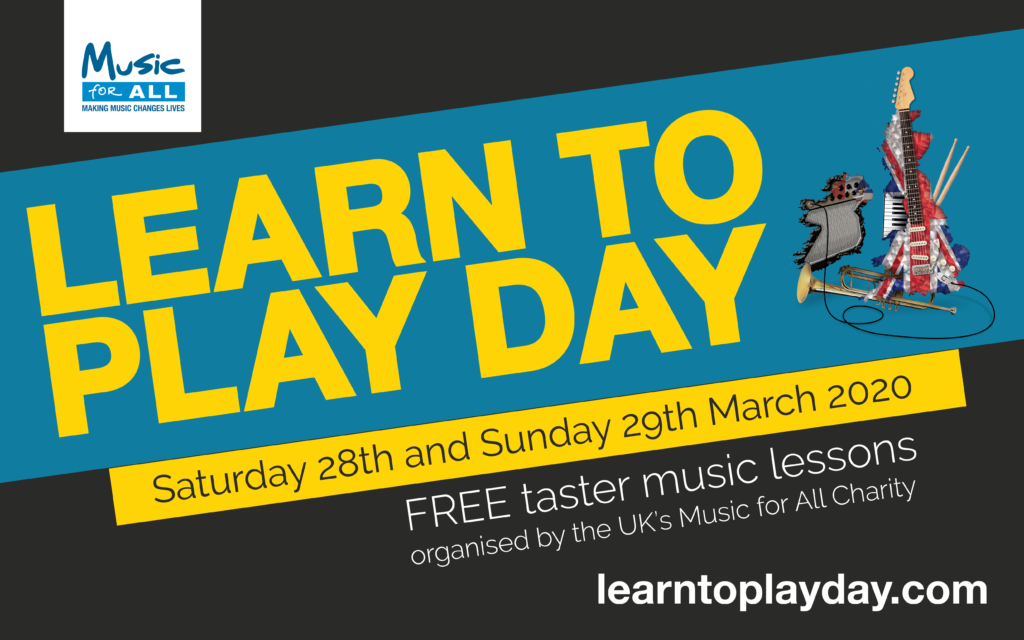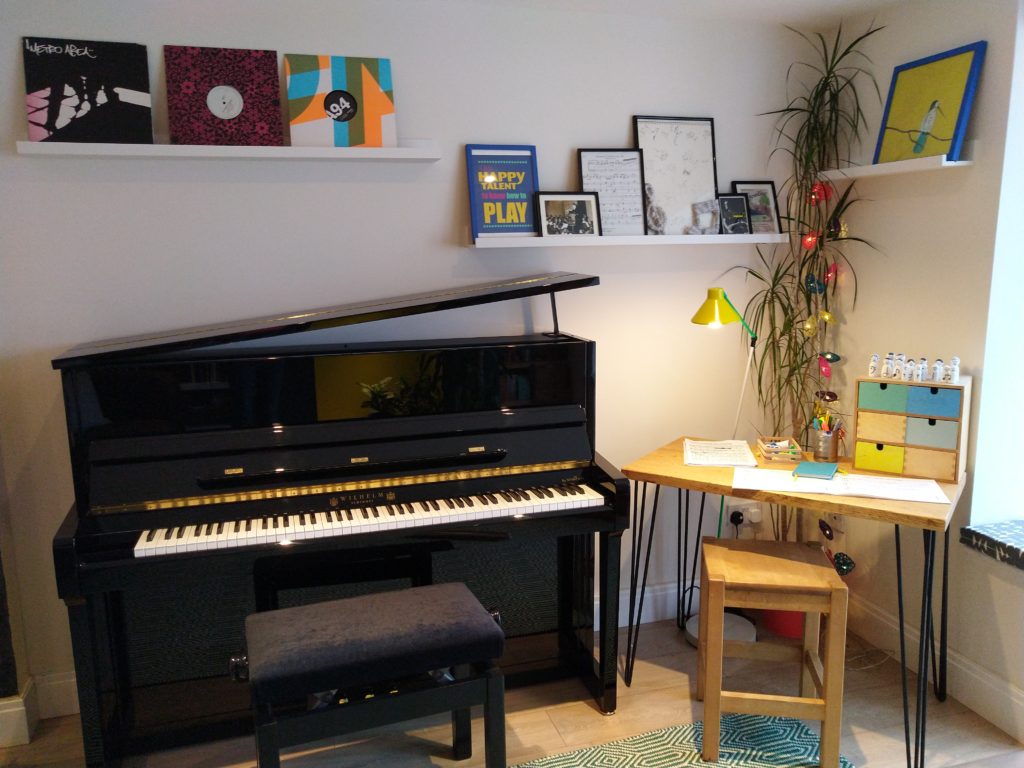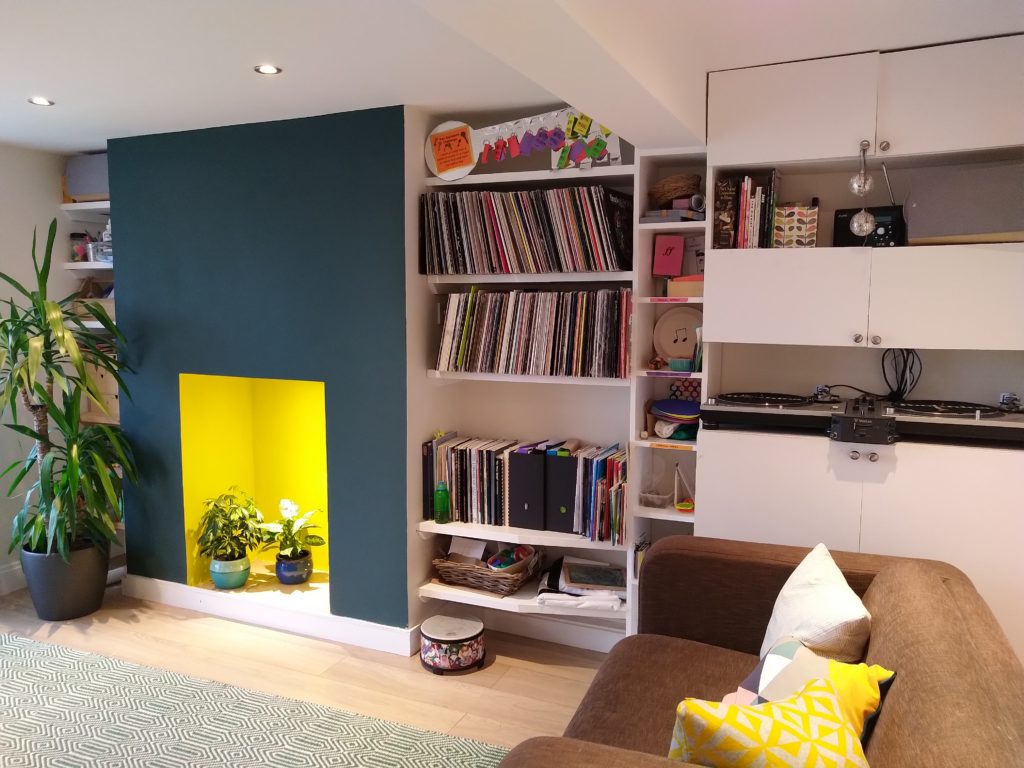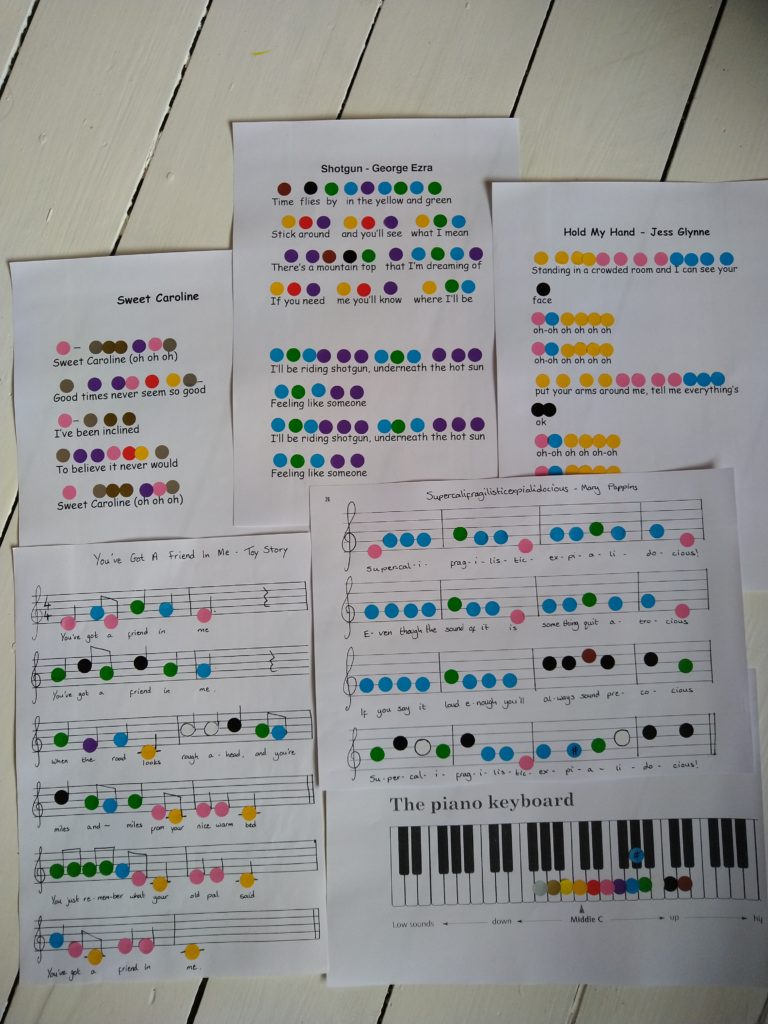Last year I held a piano concert – we called it a Piano Bash! – to celebrate all the pianists who learn the piano with me. And plans are already afoot for another Piano Bssh this year! I was blown away by the positivity and courage of all my young performers last year – playing in front of people is nerve-wracking! – but luckily learning to play a musical instrument is a super-power. And here’s why….
Learning an instrument gives us courage. When we have music lessons we are constantly being taken out of our comfort zone. Everytime I give my students new and more challenging pieces, there are new skills to learn in order to be able to play the piece well. And as they rise to the challenge, my students’ faith in themselves grows, and their self confidence flourishes. They are more likely to do something that they might not ordinarily have been brave enough to do – like performing in front of an audience! Basically, learning an instrument makes us braver.
Learning an instrument also affects the way our brain functions. To play the piano, we read two lines of music at once, we use our two hands and ten fingers at once and we listen to what each of those hands are doing. We also use our feet to control different pedals. As a result of this, different pathways in the brain are used and people who play the piano can concentrate better, multitask, solve complex problems more easily, and our brains stay healthier into later life. Playing the piano turns our brains into better functioning machines.
But for me, it’s the wellbeing aspect of music that is so important. Being involved in music and learning an instrument gives us connections to other people and to ourselves that we might otherwise struggle to make. It helps us to regulate our emotions and thoughts, it helps us to make sense of what is sometimes a confusing world, because in reading and playing music we are constantly moving through periods of harmony and dissonance, and we become comfortable with that. For those of us who compose, music allows us to take our thoughts from imagination and turn them into reality, and in that way music is the most amazing form of escape. But at the same time, playing an instrument can also be a place of refuge and safety, and a way to express worries or secrets.
When students come to me for lessons it is, at its bare minimum, thirty minutes of time away from screens or time away from whatever has been bothering us that day. But at its best, it is about creating something beautiful and meaningful out of a piece of wood and metal and vibrating air. And when students leave my lessons, I always think they leave a little bit calmer and a little bit more buoyant – more ready to face the world, maybe – than when they came in. Put simply, music brings out the best in us.
And when we realise the benefits to our sense of self worth and self esteem, to the improved way our brain functions, to the connections it can give us to ourselves and other people, and to our own emotional well-being and mental health, then it becomes a no-brainer – it’s non-negotiable – we HAVE to keep encouraging our young people to be involved in music and we have to keep championing and celebrating that involvement everyday from the very beginning.
And that’s what the Piano Bash last year was about. I truly believe that music is a huge part of what makes us human. It has been giving our lives meaning since cave-man times. It is escape, freedom and joy. It’s everything we need more of in our lives. So that’s why there will be another Piano Bash this year, and I can’t wait!
